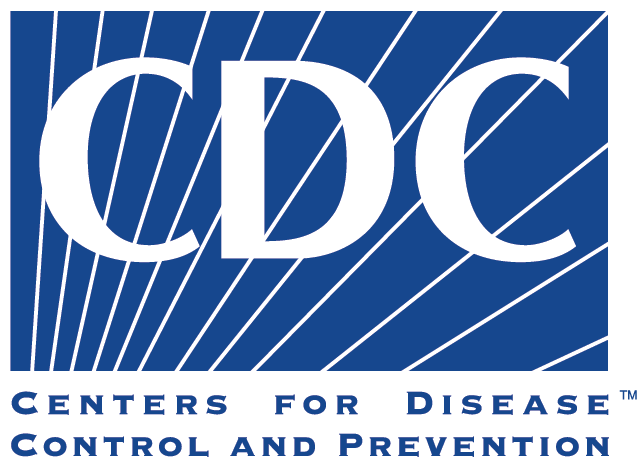Facebook CEO Mark Zuckerberg, while speaking at the Mobile World Conference in Barcelona, shared his hiring rule: “I will only hire someone to work directly for me if I would work for that person. It’s a pretty good test, and I think this rule has served me well.”
What Zuckerberg has done is put the second question of every interview into plain language. All interview questions, no matter how they are worded, are trying to answer two basic questions: the first question is “What skill value do you bring?” and the second question is “Do we want to work with you everyday?” The first question is what most job candidates focus on – how to prove their skills, experiences and achievements qualify them for the job. It’s critical to do that well, but question number two can also make or break you. The questions that focus on what is called “cultural fit” are typically behavior-based questions. That’s what Zuckerberg is getting at: Do you and I share the same philosophy/values, and would we work together well as a team? So, would you work for you?
With behavior-based questions, the interviewer is probing to find out things like how you respond to stress, how you handle conflict, whether or not you’re a community-minded team player or you’re all out for yourself and whether or not you work well independently. They want to see how mature you are, hear evidence of dependability, learn something about your value system and generally try to determine if you are going to be a colleague that they’re happy to see coming through the door each morning.
This is why networking remains the number one way people find jobs. Hiring managers rely on their professional contacts to give them honest recommendations regarding a person’s skills as well as whether or not the person would be a good cultural fit. Are you a team-player who shares the organization’s values?
If you don’t have a strong network (quality matters much more than quantity), I urge you to start developing one. Of course, professors count here, but be sure that the professor really does know who you are as a person and isn’t just someone who knows that you did well in his/her courses because that professor will say something like, “This person is a good student, but I don’t know him/her very well.”
Make sure your references can speak to who you are, and be confident that they will say positive things about you. I know that seems obvious, but you’d be surprised by what people will report about someone. Silence and hedging also speak volumes. If you have any doubts when asking someone to be a reference, ask if they are comfortable with it and if they feel they know you well enough to do it. Then, be bold and ask if they believe they can give you a positive reference. Ask your mentors and teachers if there are ways you can improve how you communicate who you are. It shows maturity to ask for and accept constructive criticism, and it could be the thing that tells them you are willing to learn, improve and grow.
To help build positive references, make sure you keep in mind that networking is more than building contacts and getting advice: There is an element of ‘giving’ in it as well. Send interesting articles that your contact might find helpful or intriguing, let them know you are listening by responding thoughtfully during conversations in a way that contributes something of value to their work (a chance to let your critical thinking skills shine), show yourself as teachable and thank them for their mentoring, etc. You’ve heard these things before, but hopefully, you have a better understanding of why it’s important. You are developing your professional reputation even as a student; the idea is to become someone you would want to work for.






